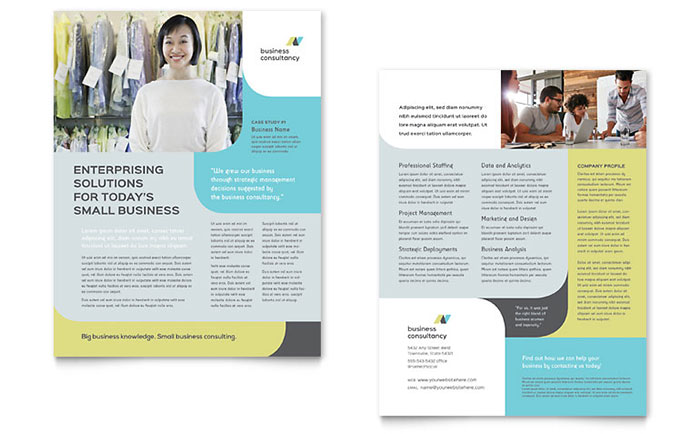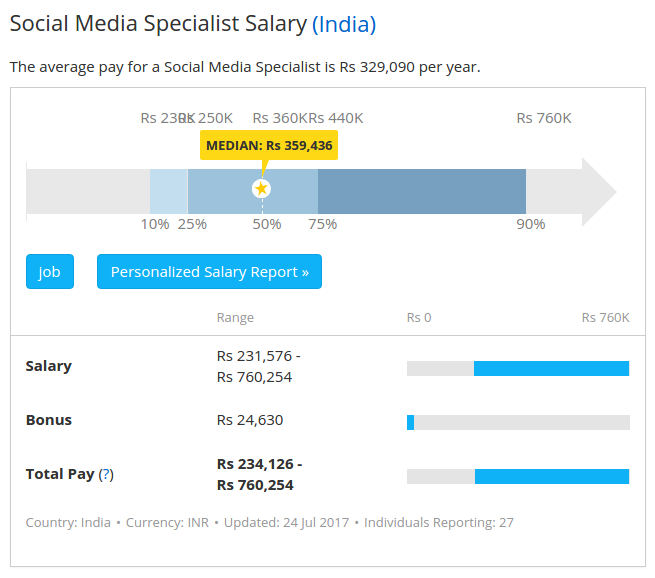
CSA
The Society of Certified Senior Advisors, (CSA), is an organization that certifies senior advisors. It offers a certificate program in Working with Older Adults as well as the Certified Senior Advisor (CSA(r)) credential. Both certifications are widely accepted as a standard in senior care expertise.
CSAs can help senior clients with a wide range of issues and concerns. Their certification allows them to apply their knowledge and skills to their work and become more valuable to their clients. They can make helpful recommendations to seniors as well as clients.
CSFP
A Certified Seniors Financial Planner (CSFP), is a financial specialist who has completed additional education to attain the title. It is a good idea to check out a prospective advisor's credentials before hiring. Many financial advisors do not have to be licensed, so it's possible they could be scammers. This is why it is important to know the differences between a CSA and a CFP.

The Chartered Advisor in Senior Living (CASL) designation is offered by The American College. This certification is a recognition of a financial advisor's dedication to serving the needs aging clients. To earn this designation, advisors must work with senior clients for at least three years and adhere to The American College's Code of Ethics. To keep their certifications current, CASL holders must take part in the Professional Recertification program. They must pass an exam on topics such long-term care planning and pension distributions.
Placement specialists in assisted living
An assisted living specialist is a person who helps seniors and their family choose an assisted-living community. This type of person is often employed by an advisor company that has a vast network of senior living communities. They have a deep understanding of eldercare and senior life and can guide families to ensure their loved one is receiving the best possible care.
While it can be difficult to navigate the selection process for senior living on your own, a certified senior advisor can guide you through the process. They can help you choose the best option for your loved one, and can even help you downsize. This advisor is not a salesperson and will always advocate for the client's best interest.
Financial advisor
It's crucial to find the right financial advisor if you plan on working with them. Look for someone who has impressive titles and designations. While "senior Specialist" might sound impressive, you need to investigate their credentials. Many seniors don't have the time or ability to build an investment portfolio. It is therefore important to choose a professional with the necessary training and experience.

The American College confers the Chartered advisor in Senior Living (CASL), which is a symbol of a financial planner's dedication to helping clients age with dignity. Advisors must have experience working alongside senior clients and be in compliance with The American College’s Code of Ethics. However, the designation is no longer offered to new students, and existing holders of the designation must participate in a Professional Recertification Program to maintain their credentials. CASL certification requires financial advisers to pass an exam covering topics such as retirement planning, social security and pensions, estate planning and long-termcare.
FAQ
How can I become an expert consultant?
Find an area that you are passionate about. First, build relationships. It is crucial to learn about your clients and understand their needs. Finally, you have to deliver results for your clients.
Although you don't have the ability to do everything perfectly, you must be better than anyone else. It is important to be passionate about what you do. It doesn't suffice just to say "I'm going be a Consultant." It's important to believe in your abilities and do what you love.
What is the difference?
An advisor gives information on a topic. A consultant provides solutions to problems.
To help clients achieve their goals, a consultant works directly with them. The advisor provides indirect advice through books, magazines lectures, seminars, and the like.
Why would a company employ a consultant to help them?
A consultant offers expert advice on improving your business performance. They aren't there to sell your products.
A consultant helps companies make better decisions by providing sound analysis and recommendations for improvement.
Consulting often works closely with senior management teams in order to help them understand the steps they must take to succeed.
They also offer leadership training and coaching to ensure that employees are able to perform at their best.
They can help businesses reduce costs, streamline processes, and increase efficiency.
How can I select a consultant?
There are three major factors you should consider:
-
Experience - How experienced is the consultant? Is she a beginner, intermediate, advanced, expert, or something else? Is her resume a proof of her skills and knowledge?
-
Education – What did the person learn in school? Did he/she go on to further education after graduation? Do we see any evidence of this learning in the way he/she writes?
-
Personality - How do we feel about this person? Would you want this person to work for you?
-
These questions can help you determine whether the consultant is right for your needs. If you don't have clear answers, it may be worth meeting with the candidate for an interview.
Statistics
- So, if you help your clients increase their sales by 33%, then use a word like “revolution” instead of “increase.” (consultingsuccess.com)
- My 10 years of experience and 6-step program have helped over 20 clients boost their sales by an average of 33% in 6 months. (consultingsuccess.com)
- WHY choose me: Why your ideal client should choose you (ex: 10 years of experience and 6-week program has helped over 20 clients boost their sales by an average of 33% in 6 months). (consultingsuccess.com)
- Over 62% of consultants were dissatisfied with their former jobs before starting their consulting business. (consultingsuccess.com)
- On average, your program increases the sales team's performance by 33%. (consultingsuccess.com)
External Links
How To
How do you find a good advisor?
Knowing what you need from your consultant is the first step to finding a qualified consultant. Do you want them helping you improve your website's performance or not? You want them to optimize the site for search engines to make it rank higher. You might also want someone to help you determine if your hosting provider is in trouble. Once you know what type of services you need, you should start looking at different companies. Many consultants claim that they can offer these services. But only a small percentage of them are able to deliver. How do I choose one? These are some things you should consider when choosing a consultant.
-
Get recommendations. This is probably the best way to choose a consultant. You don't want to hire someone you've never heard of before because you'll likely pay too much. But you also don't want to work with someone whose reputation isn't solid. It's great if you get recommendations from people you trust. You can check online reviews even if they don't refer you. You can find testimonials and case studies from clients who have used your service.
-
Ask around. Many people don't realize that consulting could be beneficial for them. They assume that their current situation is fine and they don’t need changes. This is often false. Even if results are good, there is a chance you haven’t been keeping up-to-date with new trends and technologies. And if you're relying on outdated methods, you'll miss out on opportunities to grow your business. It's worth asking your friends and family for recommendations to help you find the right consultant.
-
Be sure to check their credentials. When you're looking for a consultant, it doesn't matter whether you're building a small blog or launching a multi-million dollar eCommerce store; you want to be sure that whoever you hire has the skills needed to handle your project. You must ensure they have the necessary skills and qualifications to carry out the tasks.
-
Find out what kind of projects they specialize in. This is false. Some areas require specialized training and education. You won't hire a Drupal developer if you need to build a WordPress template. The same goes for graphic design, programming languages, etc. Ask the designer what kind of projects they have worked on in the past.
-
Find out what their charges are. As we stated, you don’t want to pay too little for a consultant. You also don't want too much. Consultants come in many sizes and shapes. While some consultants charge an hourly rate, others bill per project. Knowing exactly what you're paying upfront will save you money down the road.
-
What do they offer? Are they willing to provide free consultations? They will be able to offer you guidance on setting up your own system. Can they guarantee your site will rank higher if you work with them? You can cancel the consultation without penalty if your opinion is not what you wanted.
-
Finally, find out if they offer discounts for multiple months or years. Many consultants offer discounted pricing over extended periods. Even though you do not necessarily have to commit to a whole year of service, you might still be able to benefit from any specials they offer.